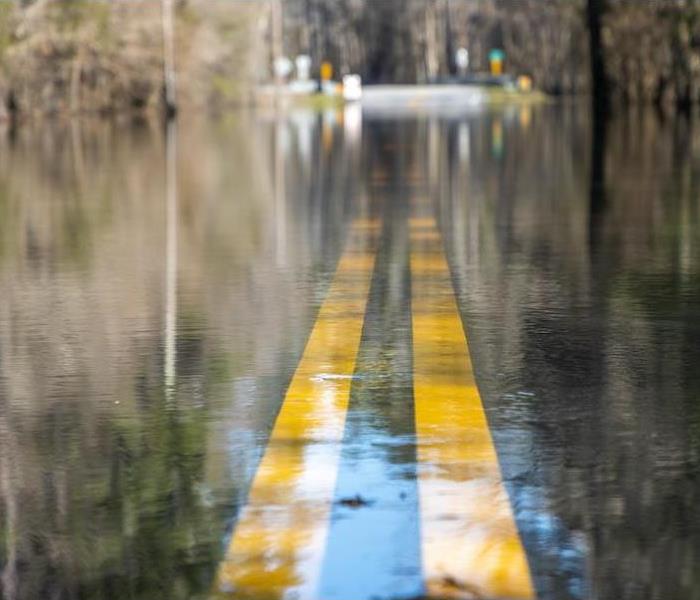Does Flood Damage Have Lasting Consequences for Homes in Frederick?
9/10/2021 (Permalink)
 You need expert assistance for any level of flood damage in your Frederick home. Call SERVPRO today for help.
You need expert assistance for any level of flood damage in your Frederick home. Call SERVPRO today for help.
SERVPRO Technicians Work Hard to Mitigate the Secondary Effects of Flood Damage in Your Frederick Home
The impact of flooding in your home can be widespread and long-lasting. In some ways, the immediate response to flooding is straightforward. Remove excess water, individual belongings, and structure, then allow the property to dry through ventilation. In practice, returning a property to preloss condition through restoration is a complex and nuanced task. Professional restoration technicians can help you with:
- Assessing the flooded property for structural damage
- Itemizing and inventorying wet contents
- Performing flood restoration
What complicates flood damage in your Frederick home is the potential for further damages. Water carries with it microbes. These microscopic organisms can have adverse effects on an indoor environment which is usually referred to by restoration services as secondary damages. Secondary damage could include microbial infestations, persistent odors, slow rotting, and weakening of the home's structure. To counteract these painful secondary damages, dehumidification is crucial. Dehumidifiers generally work in two broad categories. The first is refrigerant dehumidifiers which cool air to a dew point and then collect the condensation. Desiccant dehumidifiers use a water-absorbent gel to remove moisture from the passing air.
- Refrigerant dehumidifiers work best when combined with a heating strategy. The ideal temperatures for refrigerants are 71 degrees.
- Heating can often be supplied via the heating, ventilation, air-conditioning (HVAC) system, or portable heaters.
- Desiccant dehumidifiers can operate efficiently at all temperatures but are most useful for walls, furnishings, masonry, and other solid materials.
Secondary damages are common in flooded properties. Contact SERVPRO of Frederick County quoting flood damage restoration at (301) 662-1747.






 24/7 Emergency Service
24/7 Emergency Service